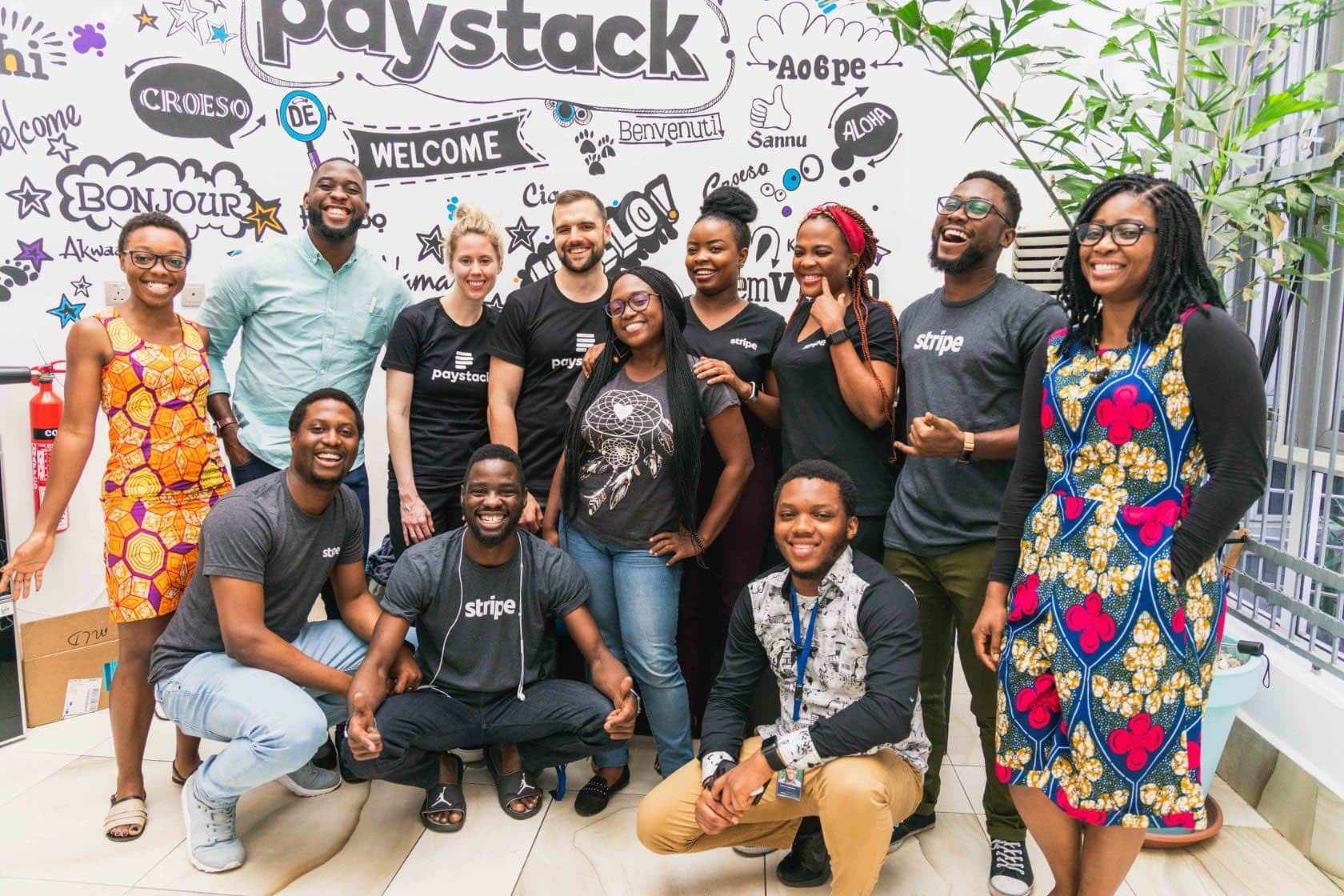In January, SureRemit a Nigerian non-cash remittance startup raised $7 million through an initial coin offering (ICO). The ICO financing round was backed by South Korea's largest cryptocurrency fund Hashed, which has previously backed several blockchain and blockchain-enabled projects like Airswap, Ethereum, and Simple Token.
SureRemit is the first in West Africa and Nigeria and one of the only few in Africa to successfully pull off an ICO. Besides normal venture funding, can ICOs be a means for startups to raise funds in Nigeria?
Let us first examine ICOs from a Nigerian perspective.
What is an ICO?
An initial coin offering (ICO) is a means of raising funds through cryptocurrencies -- like Bitcoin and Ethereum -- for a venture or startup via the internet in small amounts from a large number of people.
Basically, a company offers up their own coin that emulates a Bitcoin structure in exchange for funds to grow their businesses and investors buy these coins in the hope they will appreciate in the future for liquidity
During an ICO, potential investors get a token (share of the company) and a promise of future profit in exchange for their investment which is usually -- but not exclusively -- in cryptocurrency.
In starting an ICO, companies announce projects, publish a whitepaper detailing what the project is about and proceed with sales.
According to a Fabric VC report, startups and projects raised $5.6 billion last year through ICOs.
How is an IPO different from ICO?
Fundamentally, initial public offers (IPO) and ICOs are the same as they are both aimed at raising money for a company or project, but they are different in their workings.

Be the smartest in the room
Give it a try, you can unsubscribe anytime. Privacy Policy.
The Nigerian Stock Exchange(NSE)’s listing requirements for companies wishing to be listed on the stock exchange are impossible for small businesses and startups. Because of the unregulated and decentralised nature of blockchain, these rules do not apply to ICOs.
Are ICOs legal in Nigeria?
China and South Korea are the only countries to have reportedly banned ICOs outrightly, even though South Korea denies an outright ban. Japan is already leaning towards this ban, but other countries are still struggling to get a grip on its legality and regulations.
There are no specific laws in Nigeria that illegalise ICOs. However, in August 2016, a spokesperson for the Securities and Exchange Commission(SEC) reportedly said that because of provisions of the Companies and Allied Matters Act (CAMA) and the Investment and Securities Act (ISA), equity crowdfunding is illegal in Nigeria.
In structure, ICOs are like equity crowdfunding so by extension, they can be said to not be covered by law. Minus a lack of available structure, this is probably why SureRemit ICO'd in South Korea.
Can ICOs become the primary source of startup funding in Nigeria?
CryptoHub’s chief strategist Emmanuel Ititim doesn't think so. In his words;
“When they come to stay, ICOs will co-exist with other forms of startup funding as adoption of the technology in Nigeria may be slower at first for many reasons “
As a new decentralised form of raising capital that is less cumbersome than the current system, founders will rush to ICOs. And the fact that any one can invest any amount without being an angel investor or having a lump sum will appeal to the public.
Head of Ecosystems and Research at Ventures Platform, Osarumen Osamuyi agrees with Emmanuel. He however speaks from the perspective that investors bring more than money to the table.
"Reputable VCs like Ventures Platform organise ourselves around growth and talent development. Founders we partner with are not only interested in the cheques we write. The support, deep networks, and insight that comes with these monies are very important. So, no, ICOs are not a substitute for any investors worth their salt."
Even if they won't replace traditional investors and investment, ICOs have come to stay. But there will be hurdles and the Nigerian SEC regulations are already in the way.
There is also the issue of veracity. Because of the decentralised unregulated nature and added allure of ICOs, it is easy to defraud investors.
The tech space has seen a large share of scam ICOs where founders pack up and vanish after collecting investor monies. LoopX is the latest in these ICO exit scams.





















